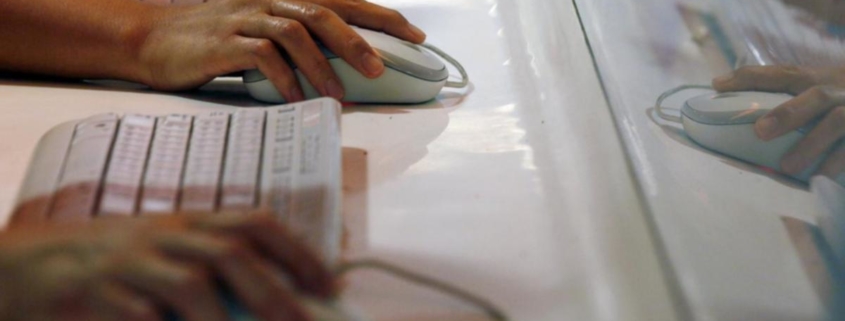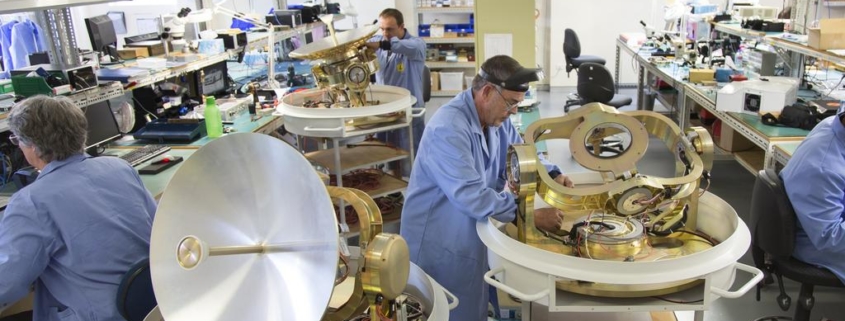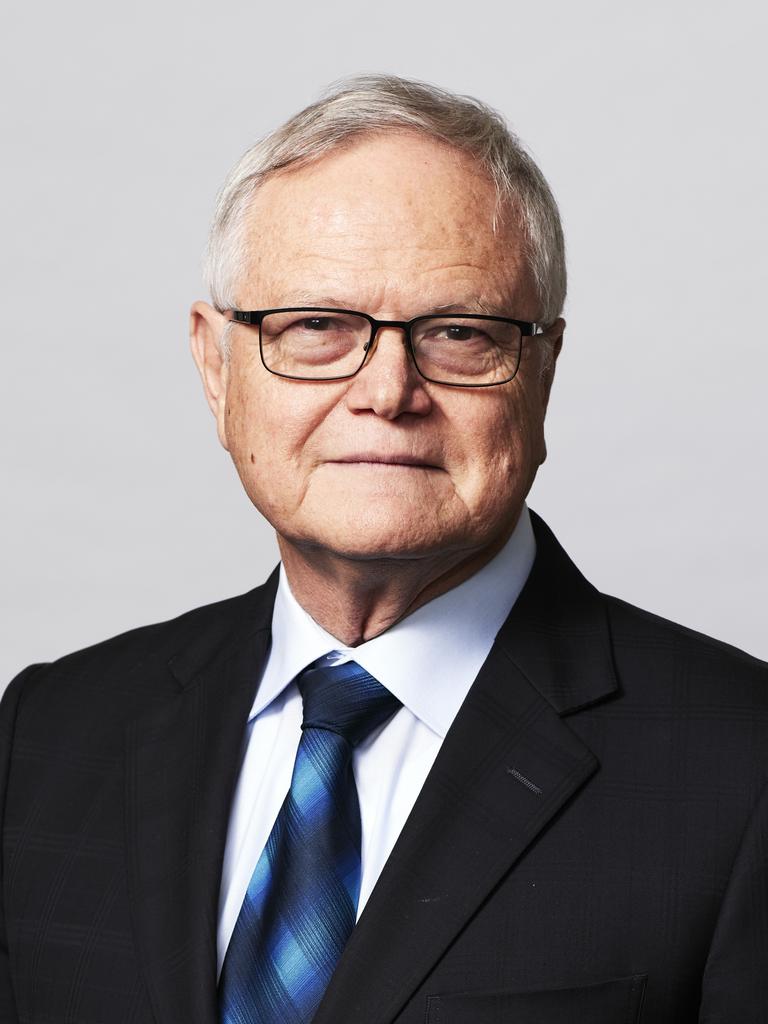Understanding Russia’s “Sovereign Internet”: What Happens If Russia Isolates Itself from the Global Internet?
Click here for Flashpoint’s coverage of the role of intelligence in Russia’s war on Ukraine.
Russia moves to control the information narrative
The Russian government ordered state-owned portals to connect to its state-controlled domain name system servers by March 11—and, to switch to Russian hosting providers and localize elements that may not in the future run on the websites. In reaction to sanctions against Russian banks by the US, the EU, and the UK—as well as (as of this publishing, unheeded) calls to the Internet Corporation for Assigned Names and Numbers (ICANN) to disconnect Russian top-level domains—authorities also instructed Russian financial institutions and other companies to replace security certificates that have been or will be withdrawn from them, with Russian certificates.
This is the latest in a series of intentional steps to establish firmer control over the Russian internet, following its invasion of Ukraine. It also includes the blocking of access to several social media platforms and independent news sites in order to censor information about the war from reaching Russian citizens.
Russia’s strategic motivation: Protection from cyber attackers
According to Deputy Prime Minister Dmitry Chernenko these steps have been taken to protect Russia from cyber attacks. This is a plausible explanation given the fact that a vast majority of threat groups have sided with Ukraine during this war. Well known groups, such as Anonymous and AgainstTheWest, have been actively attacking and breaching Russian networks for weeks.
However, the steps prompted observers and Russian-speaking threat actors alike to speculate that Russia’s “disconnection” from the global internet was imminent. This would happen under a 2019 Law on Sovereign Internet. However, there have been questions about the feasibility and the usefulness of this move. According to Russia’s legislation, disconnecting Russian internet infrastructure from the global internet would be a defensive move, although this leaves a wide room for interpretation. In addition, it is presently unclear whether Russia meets the technical conditions for an effective disconnection.
Below, we examine what…





